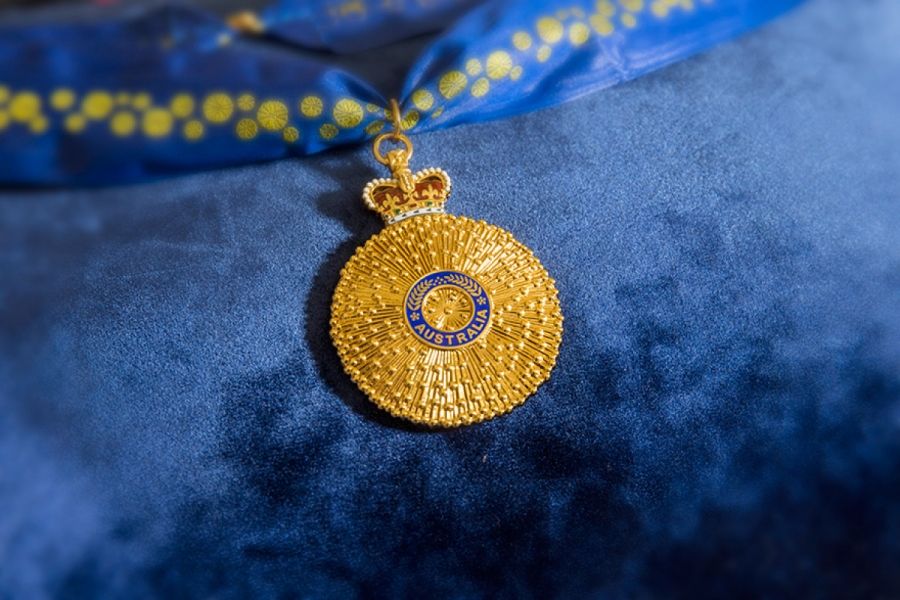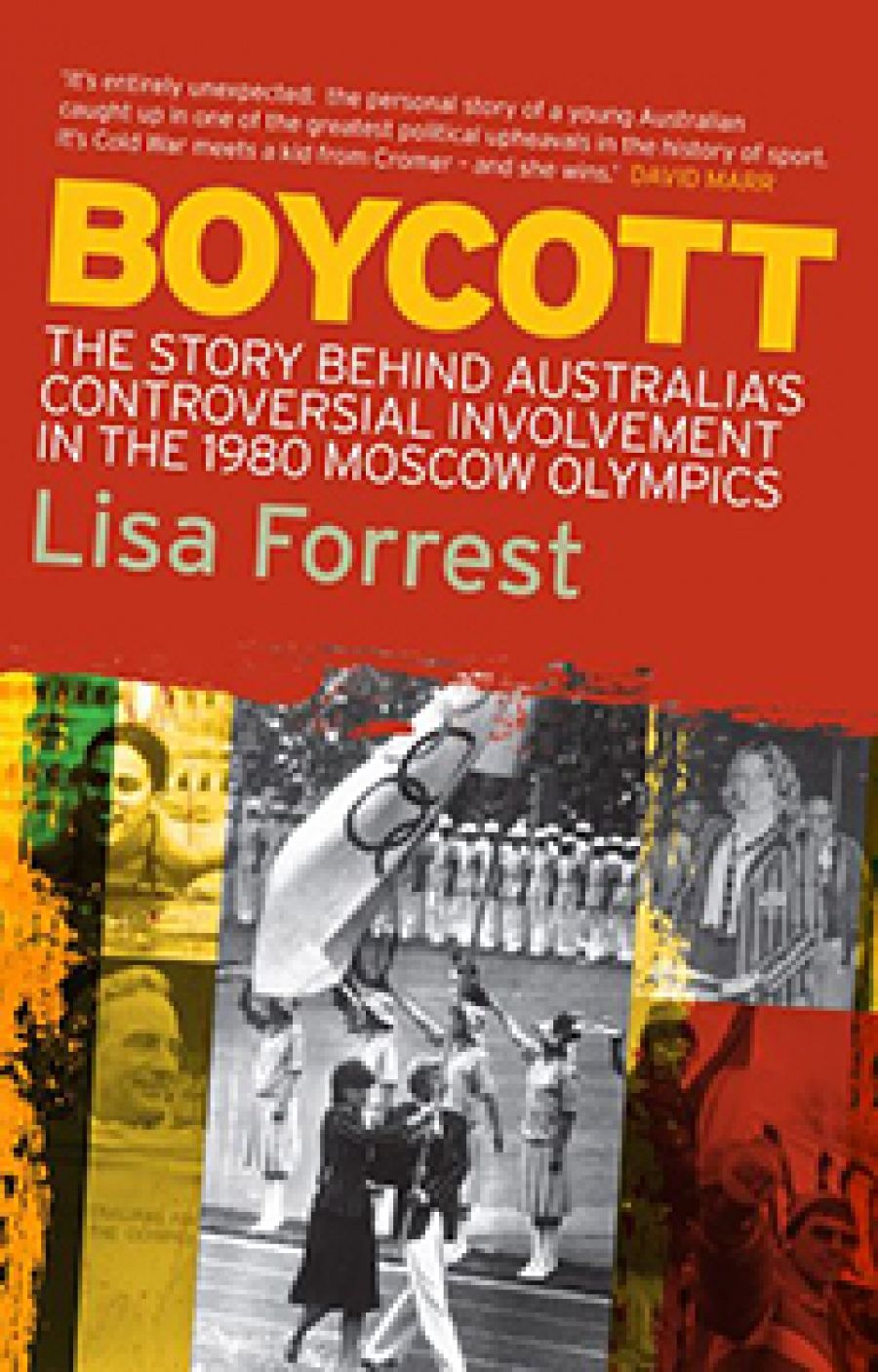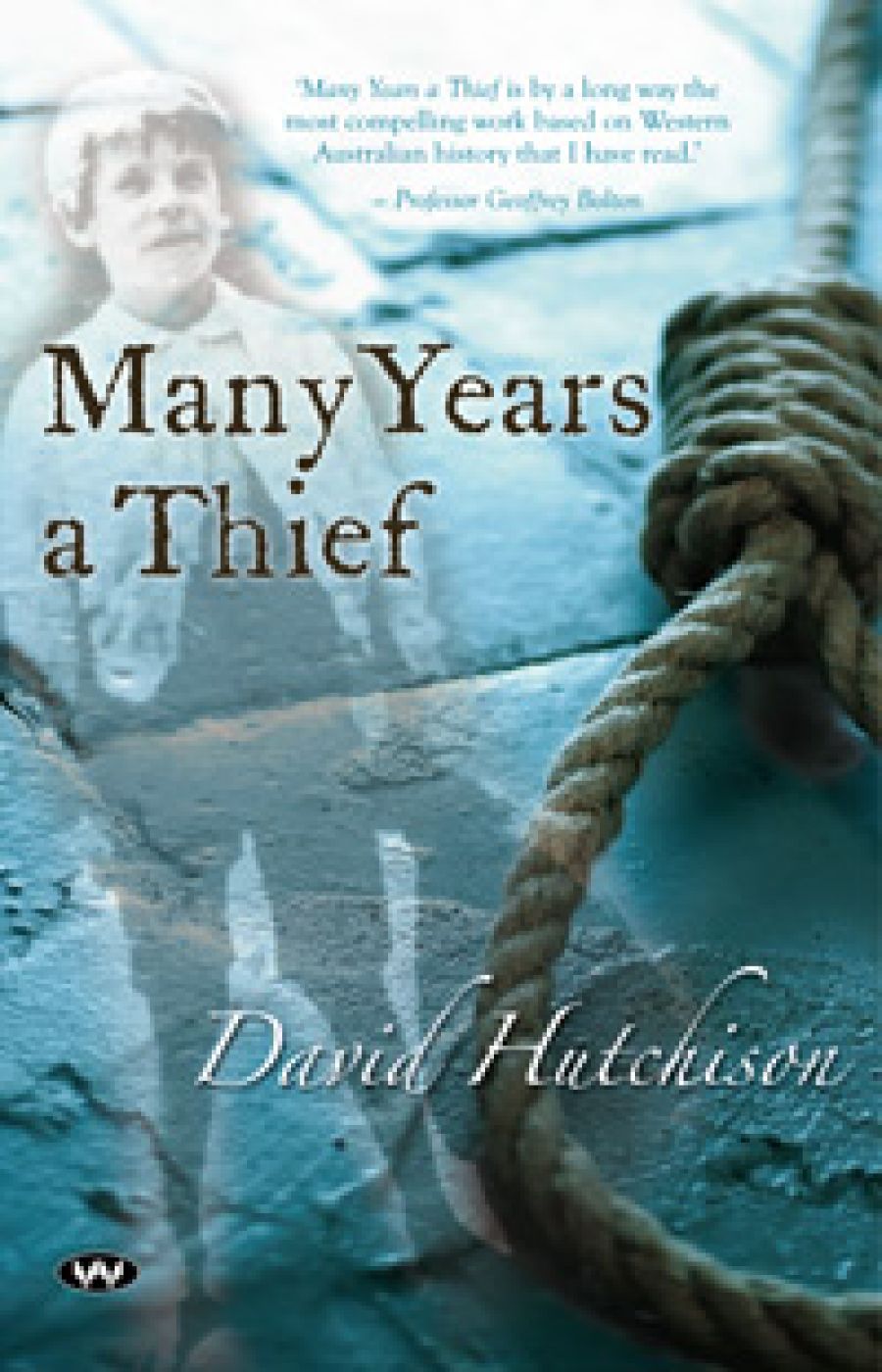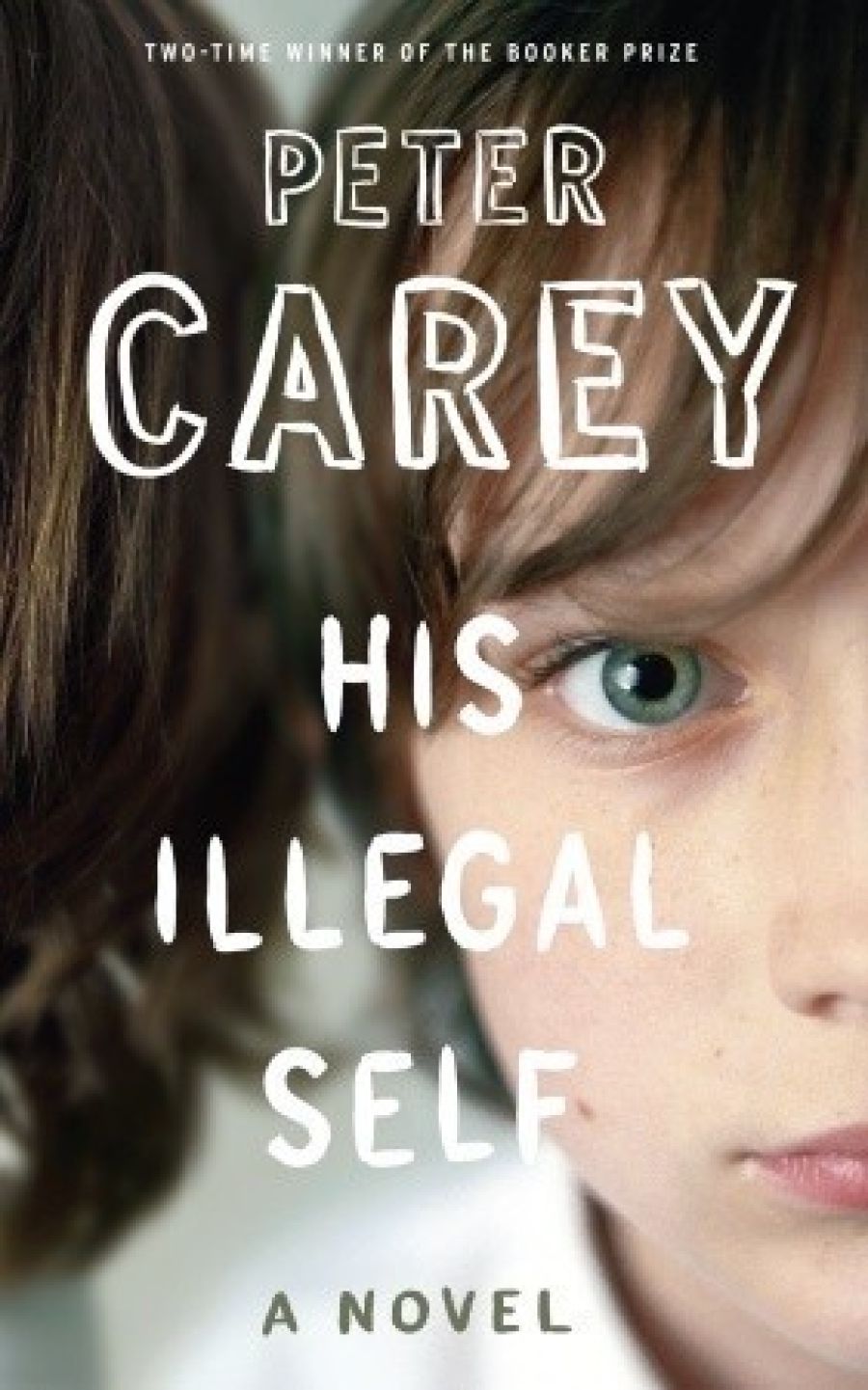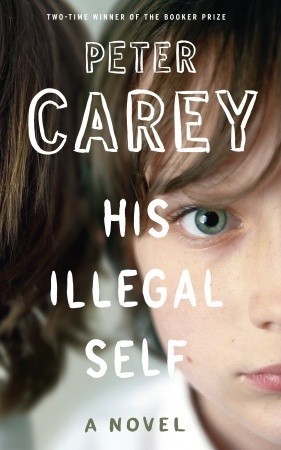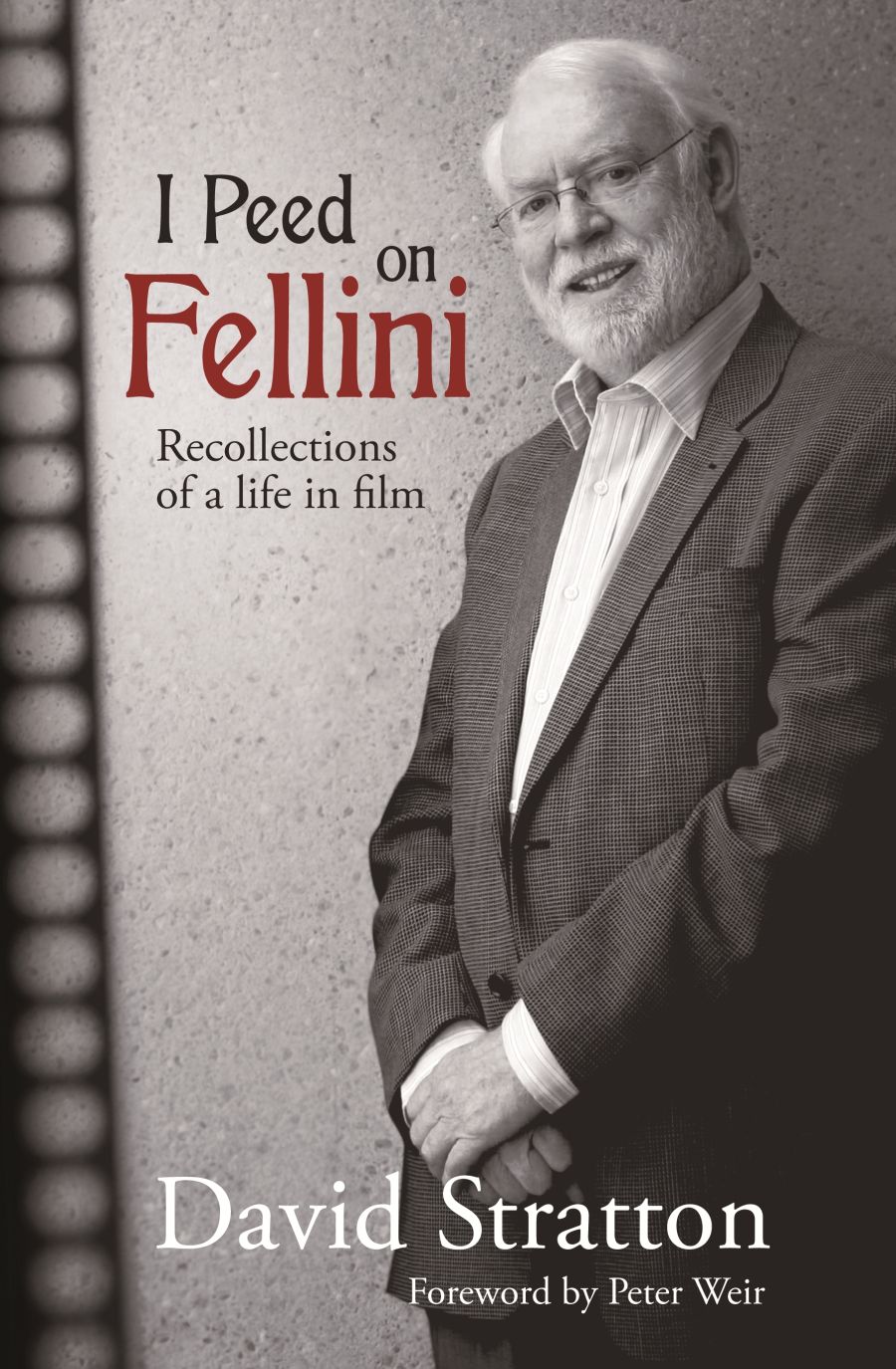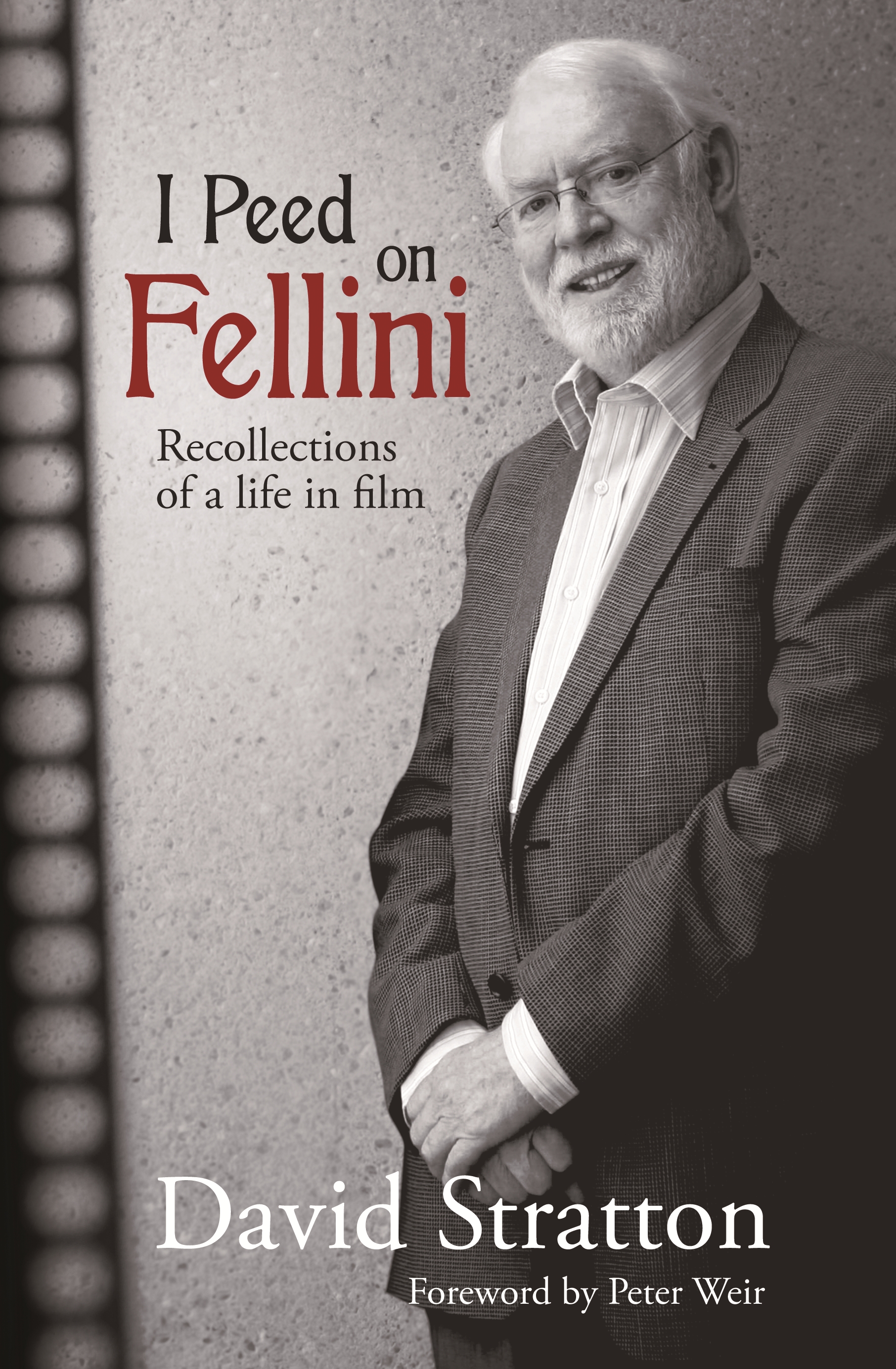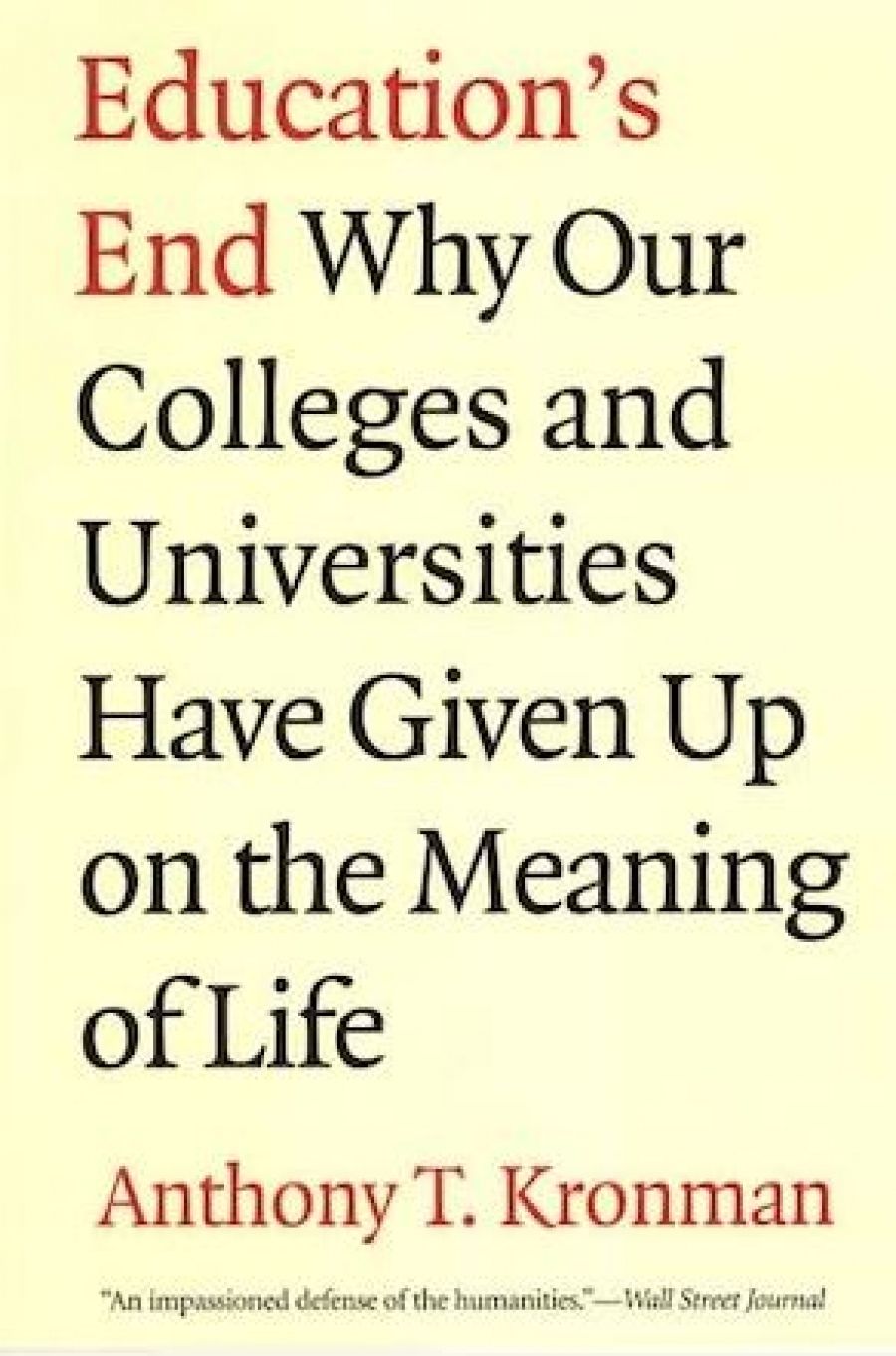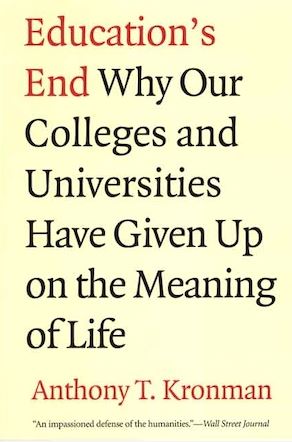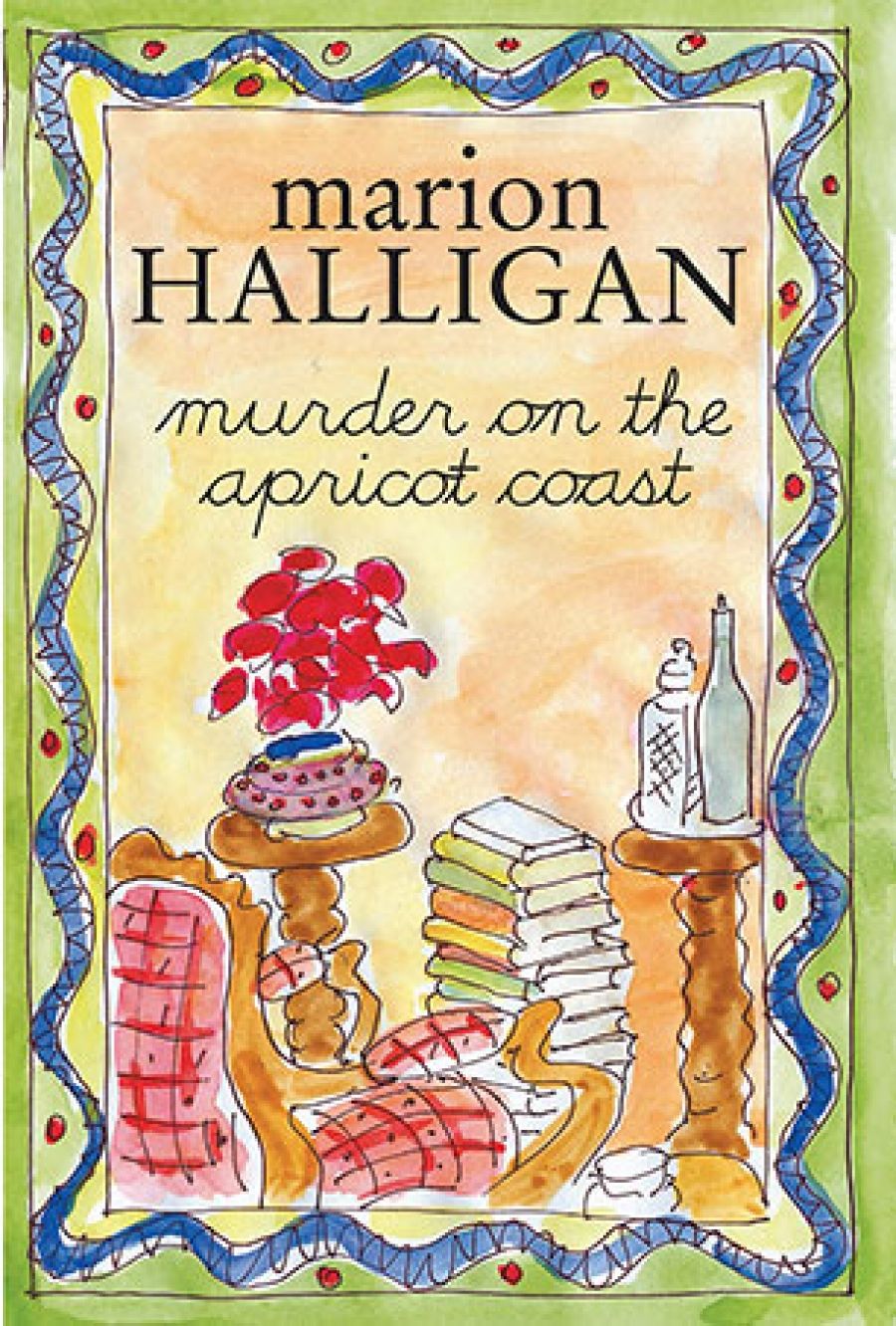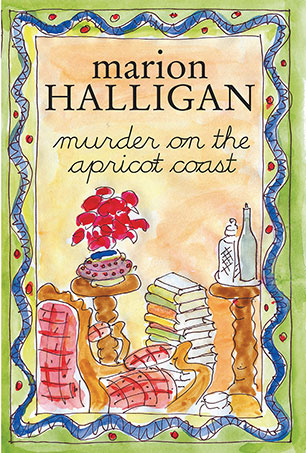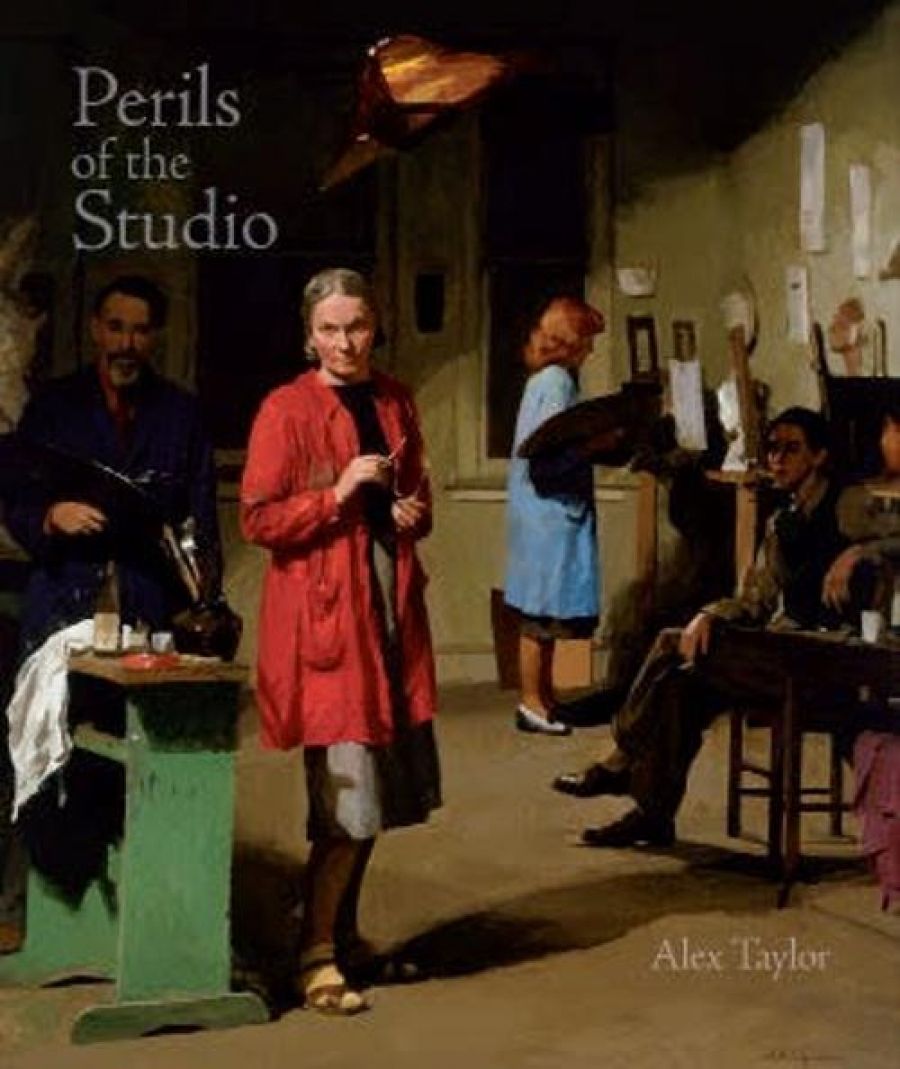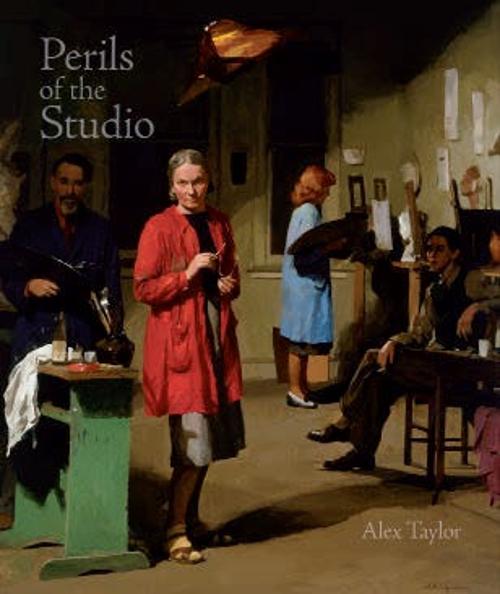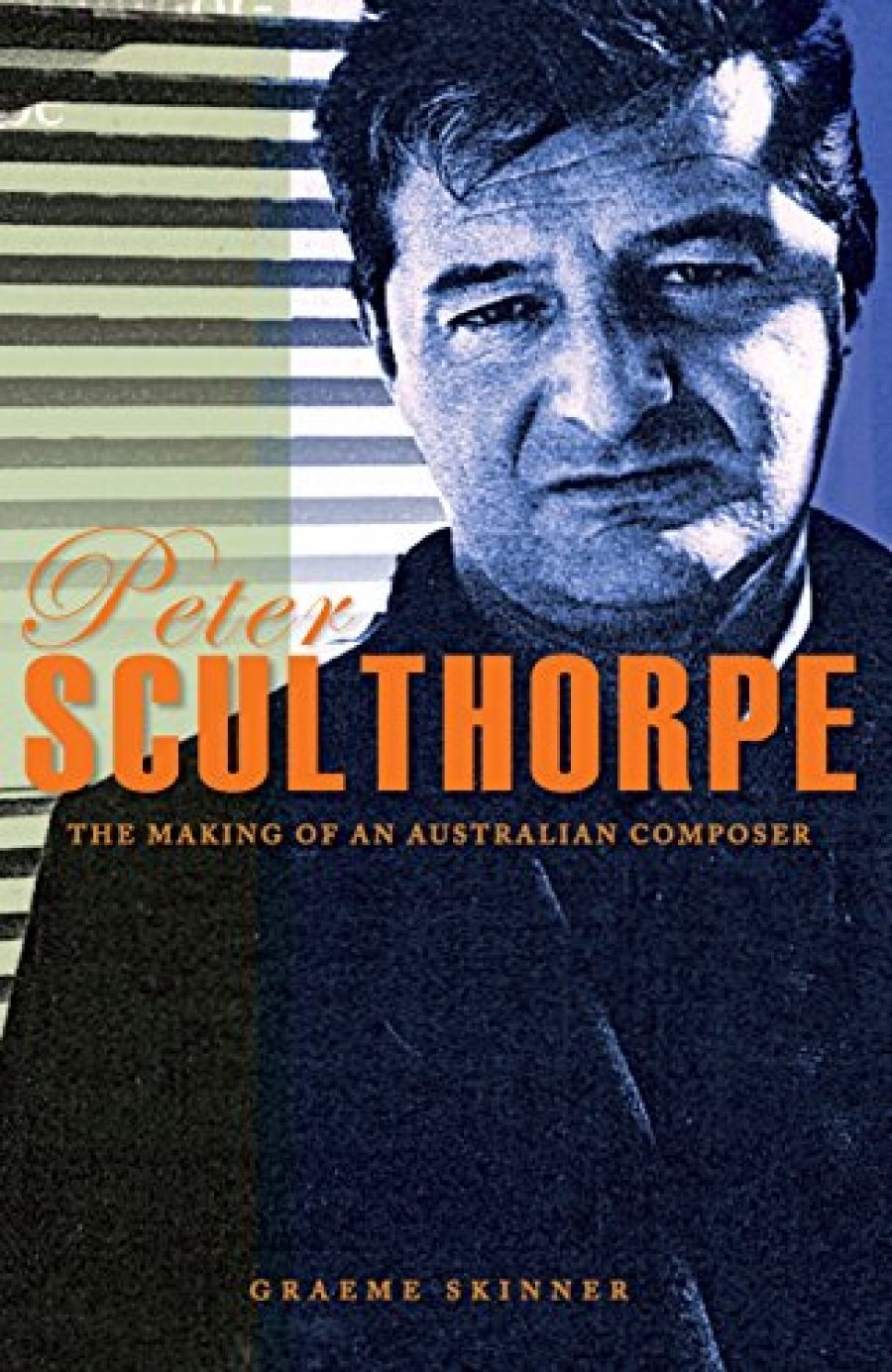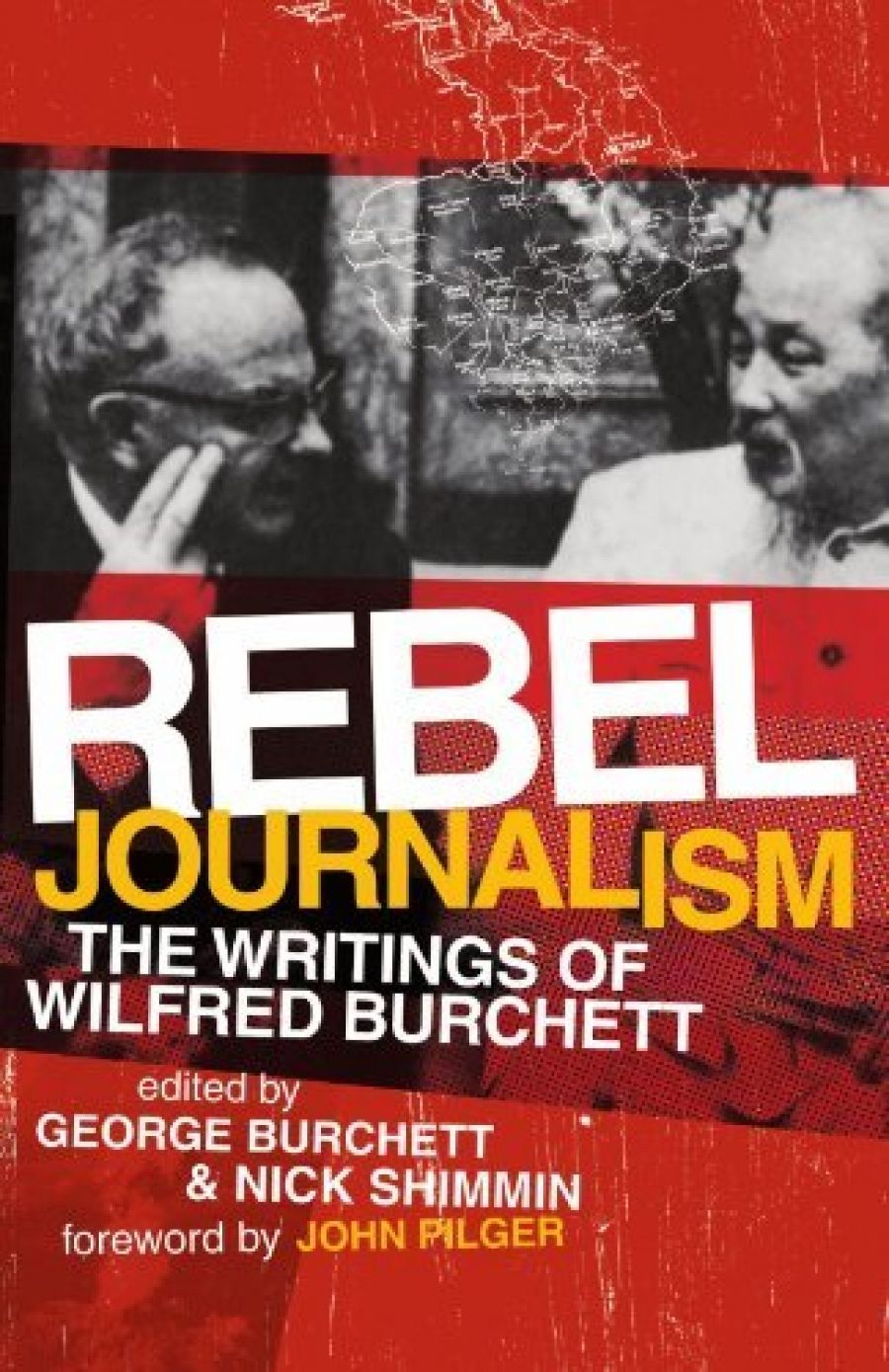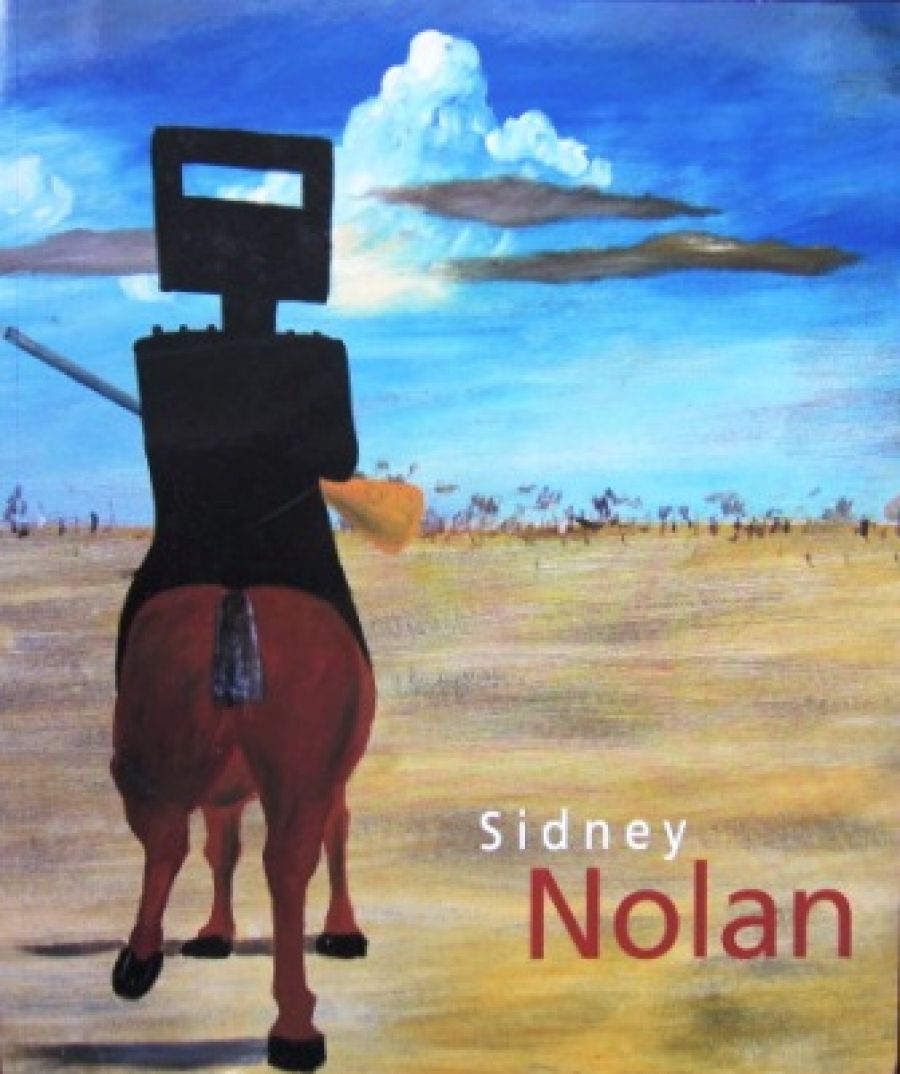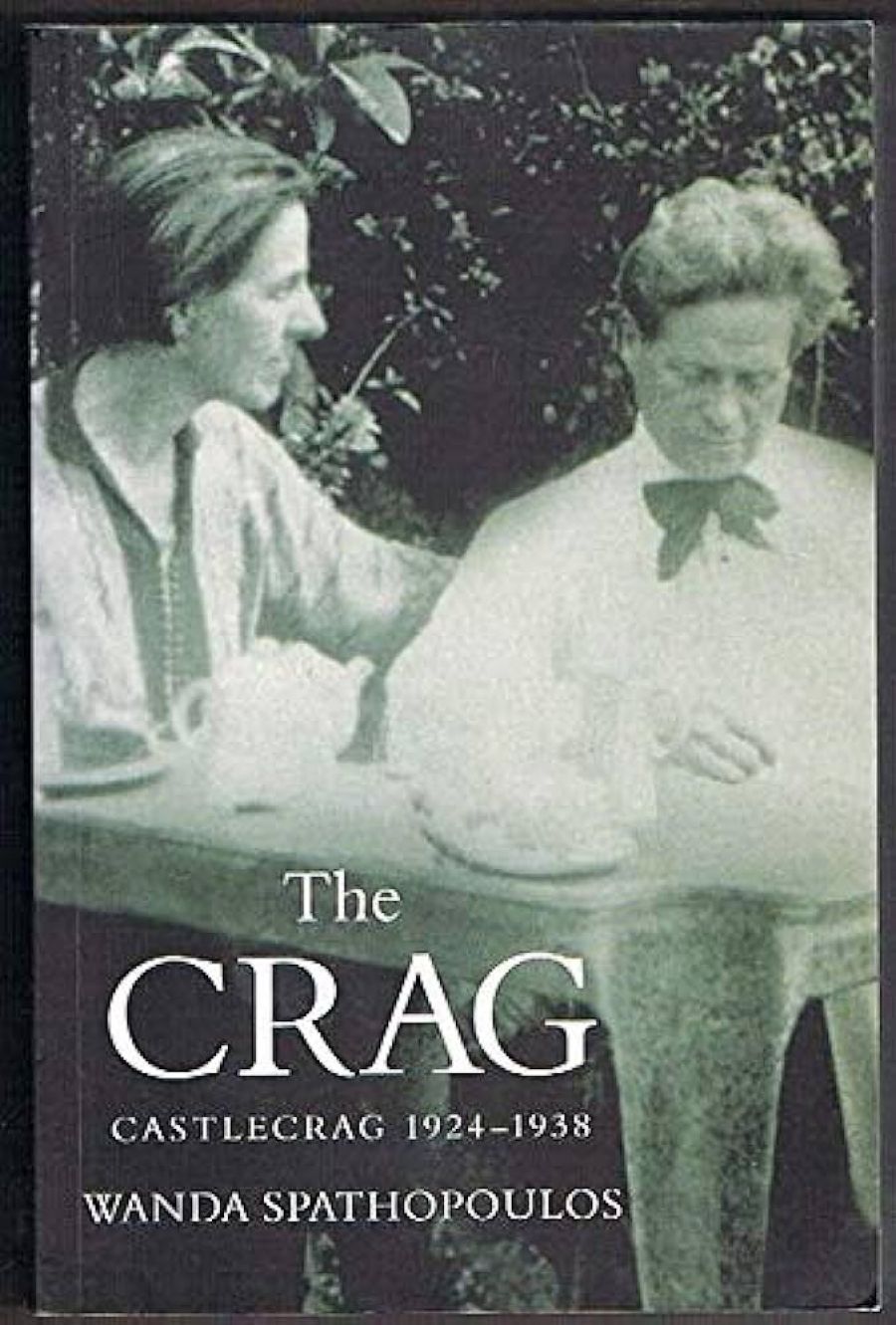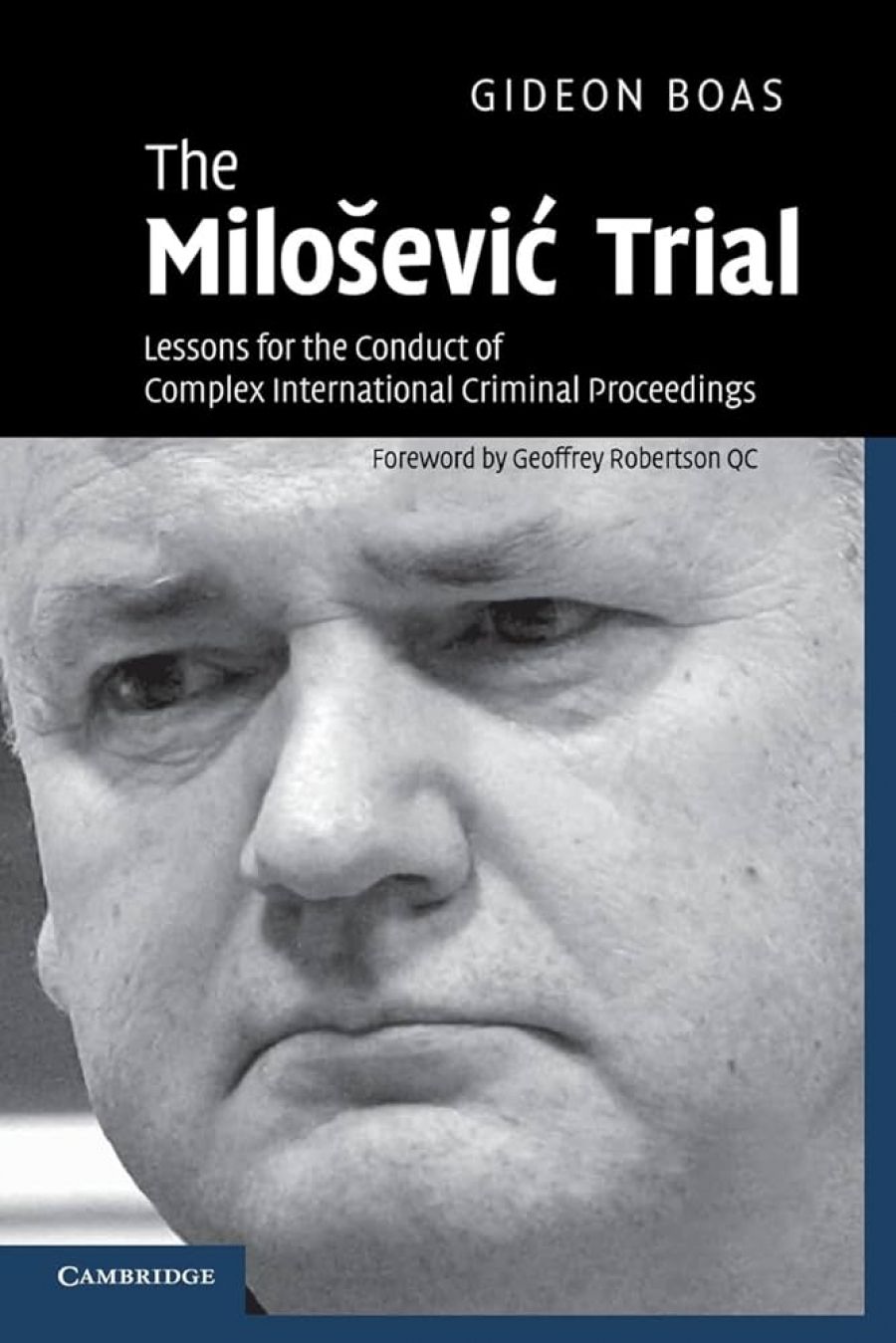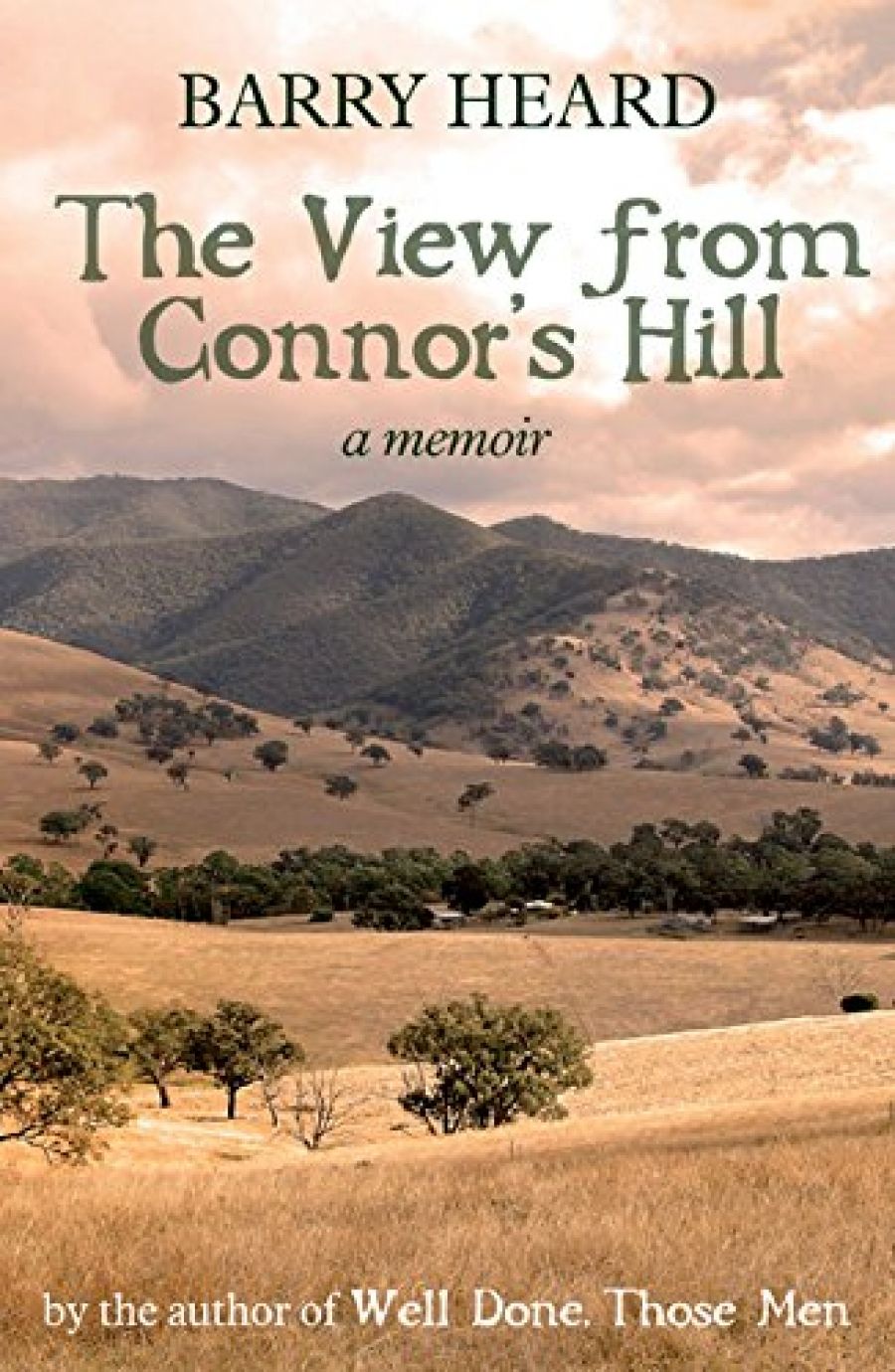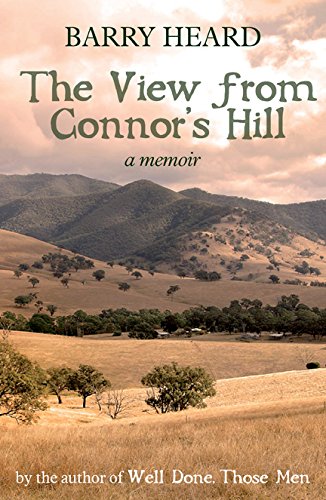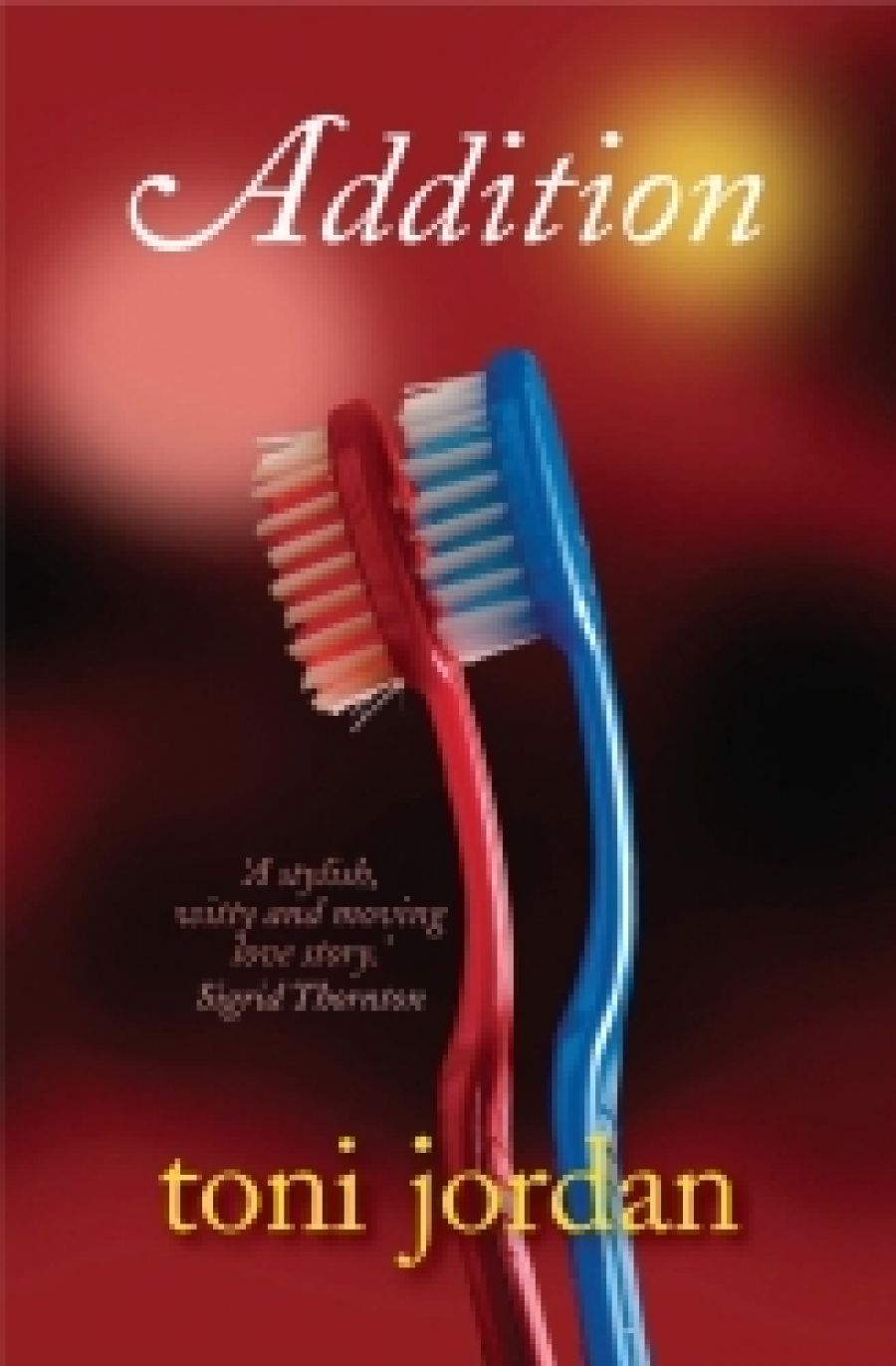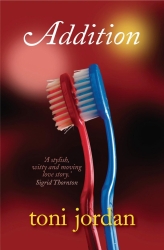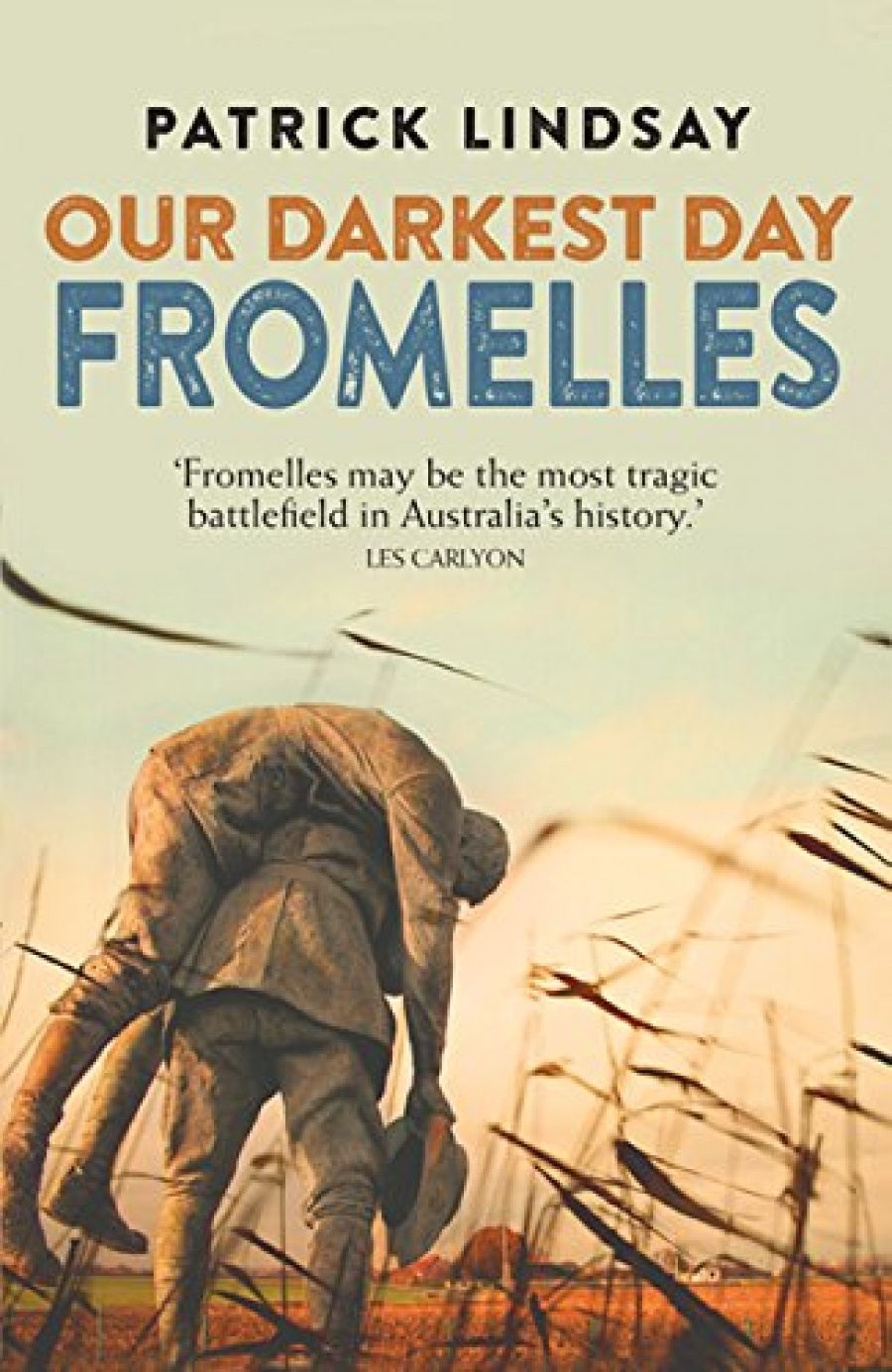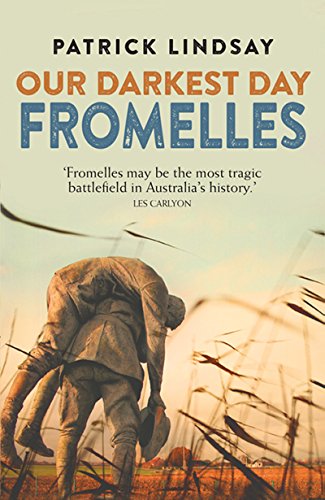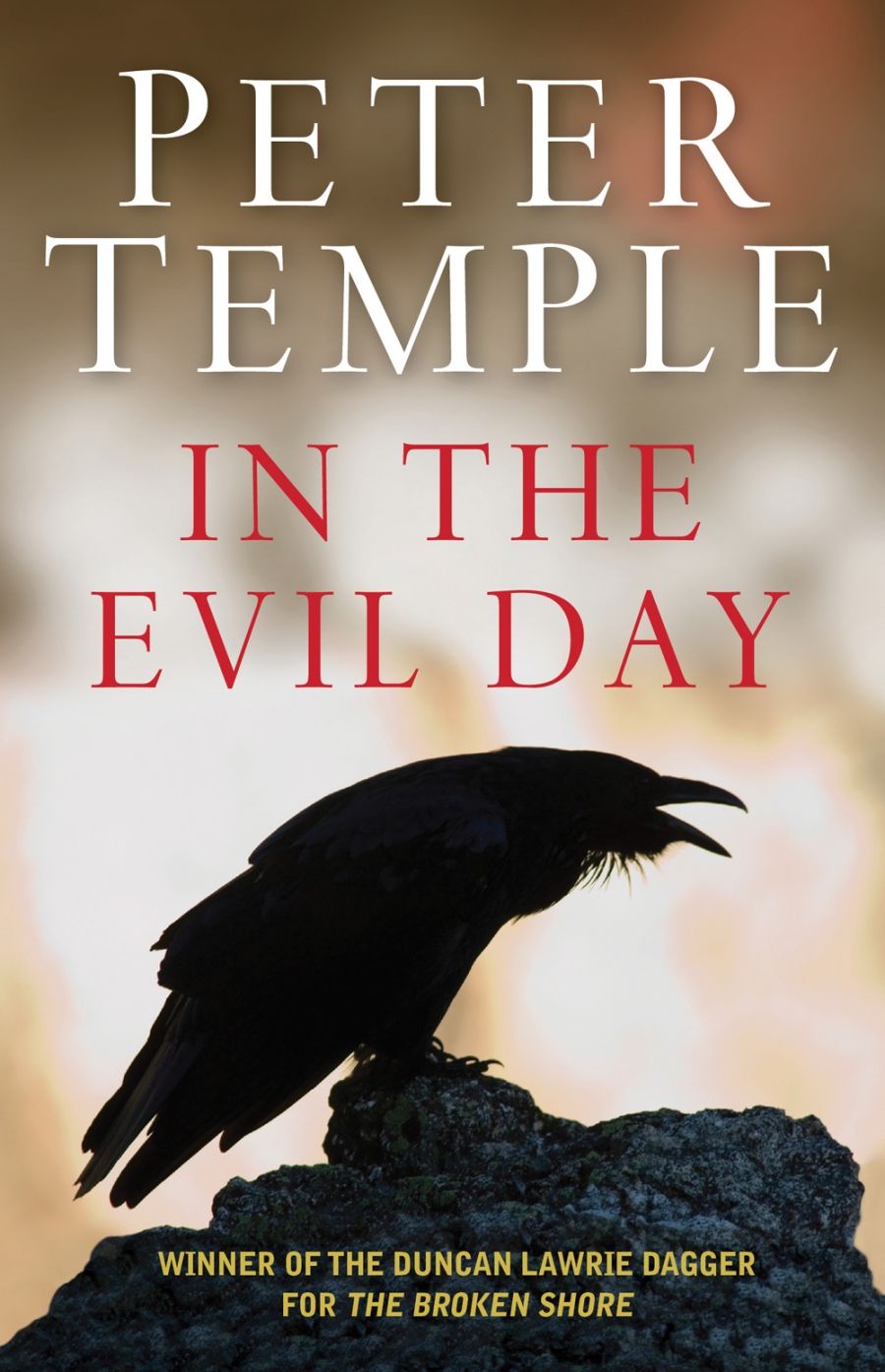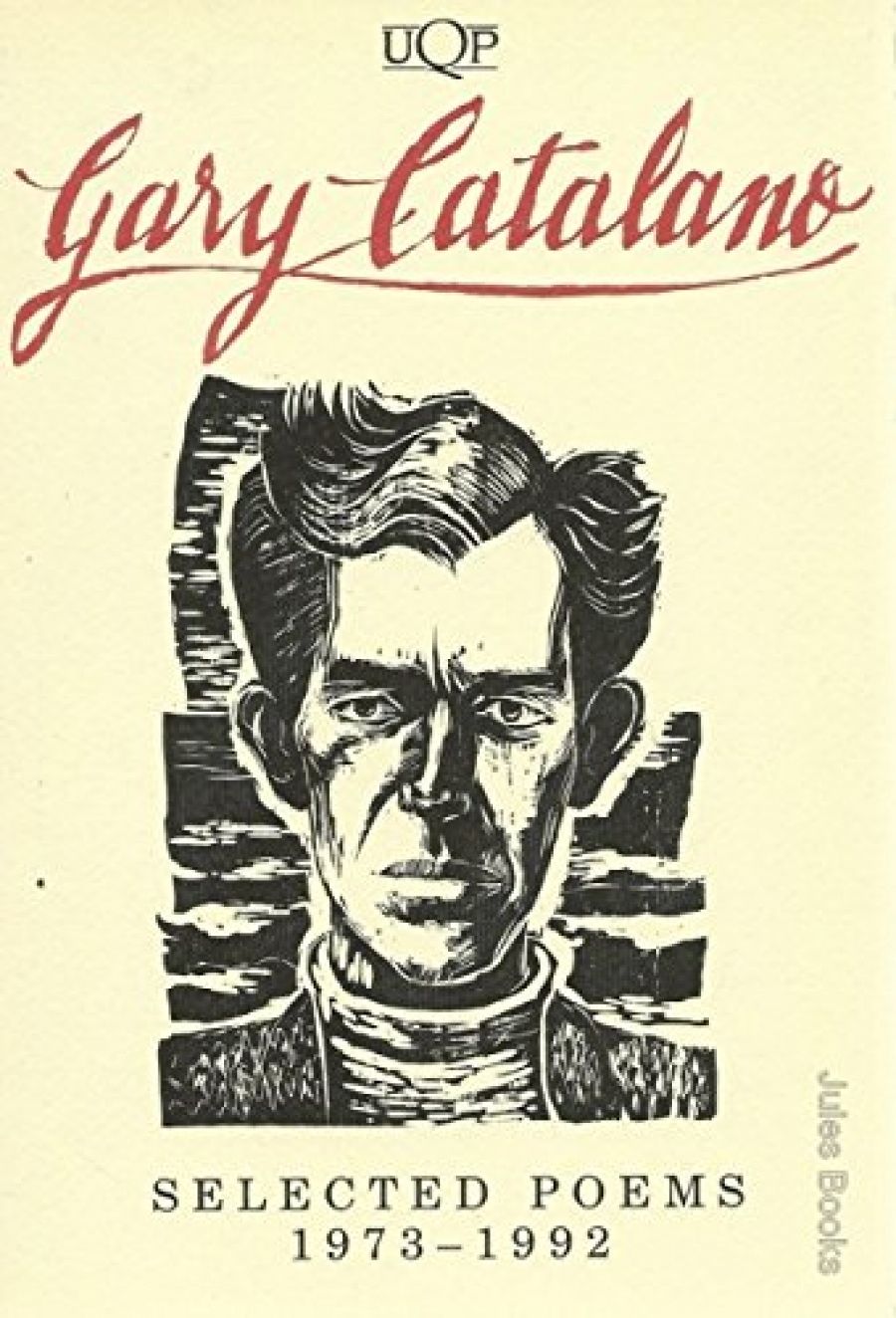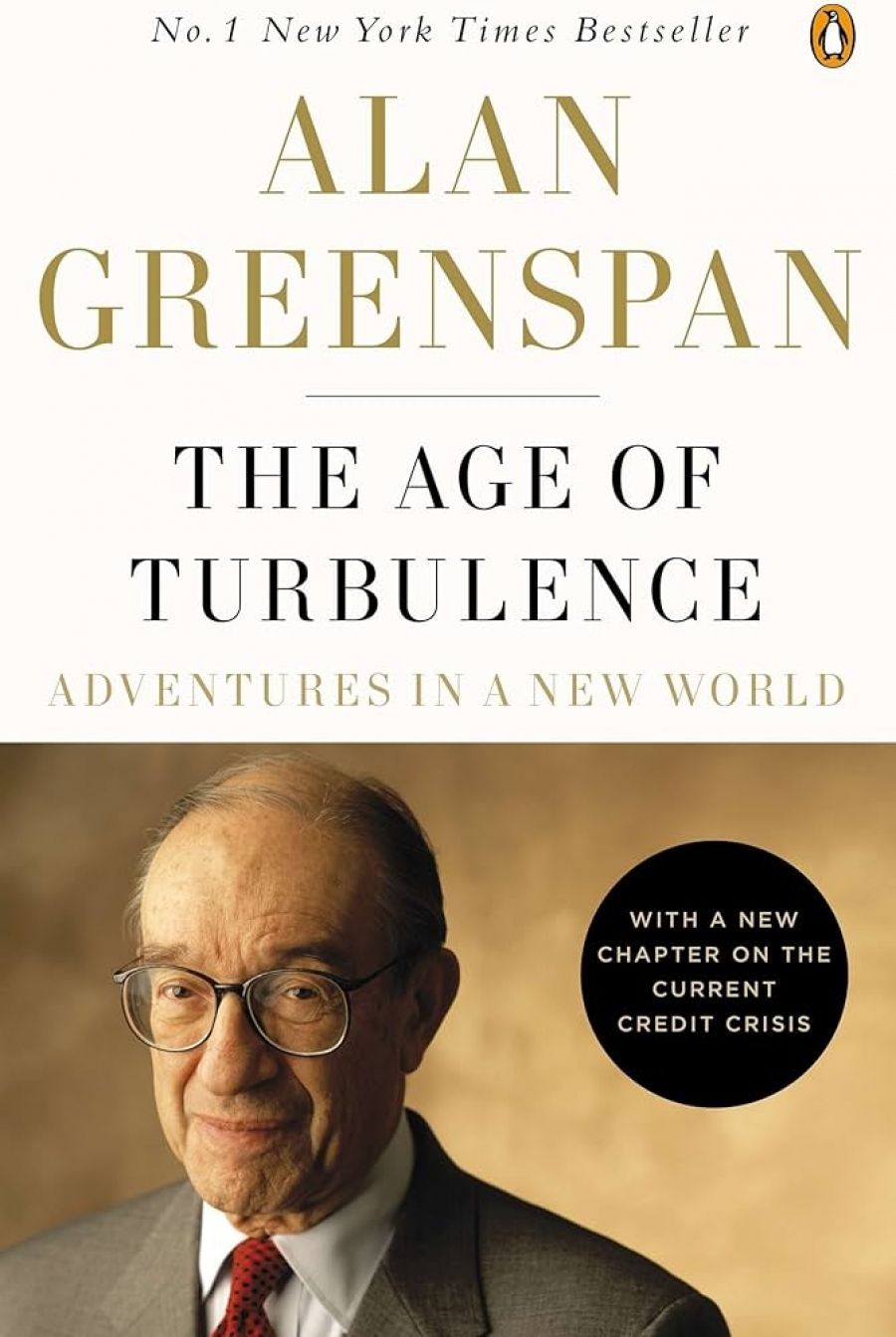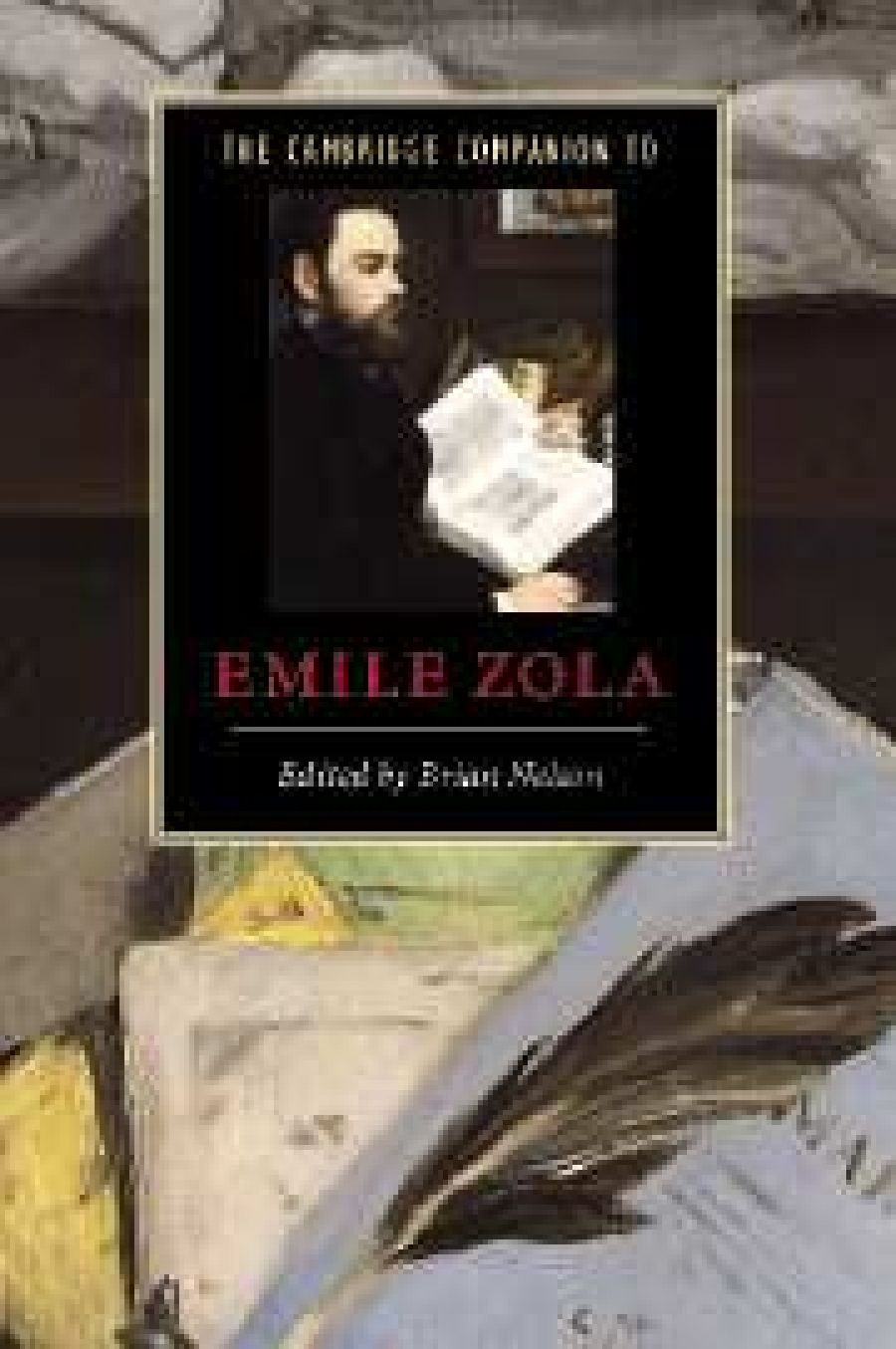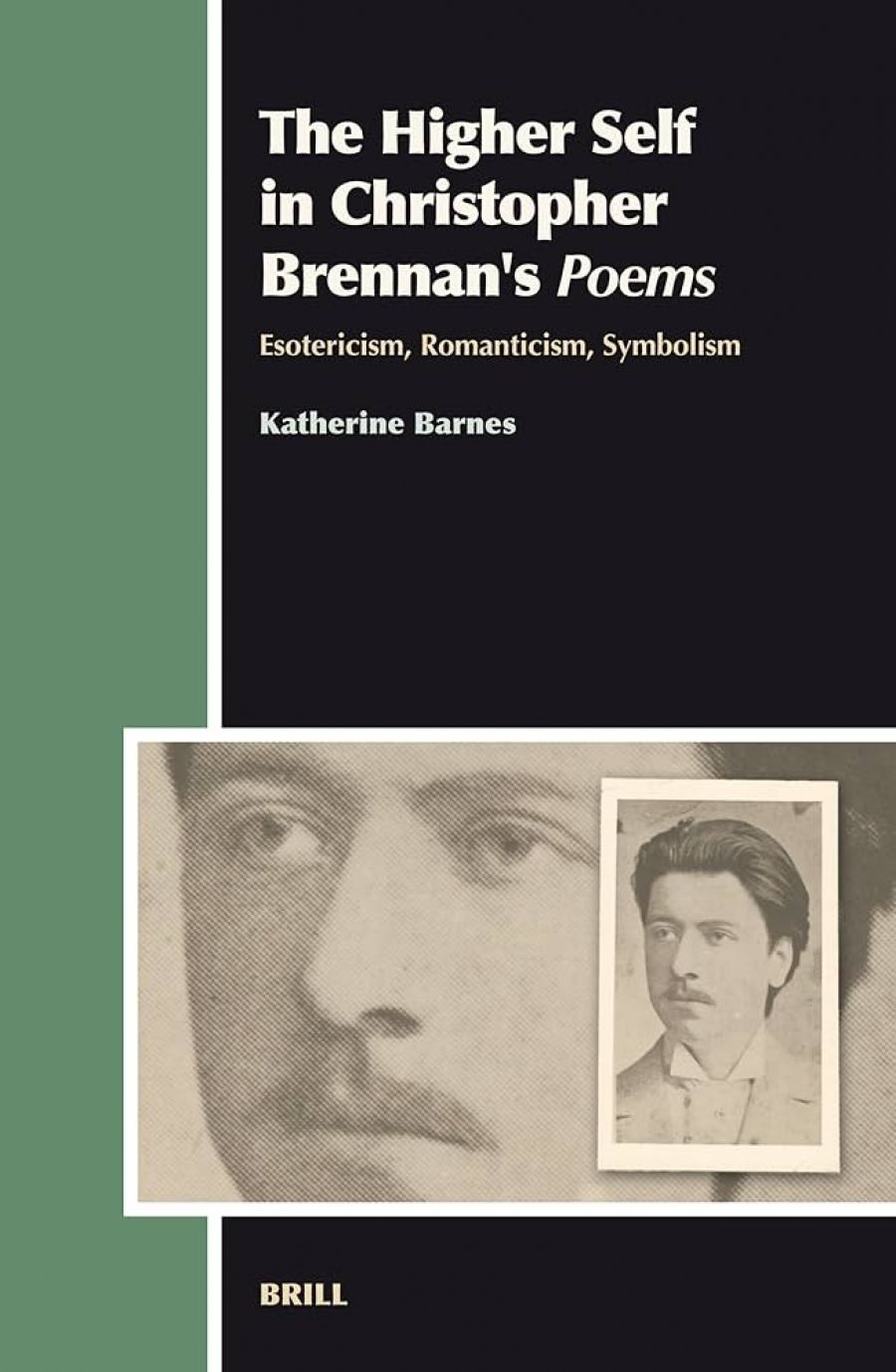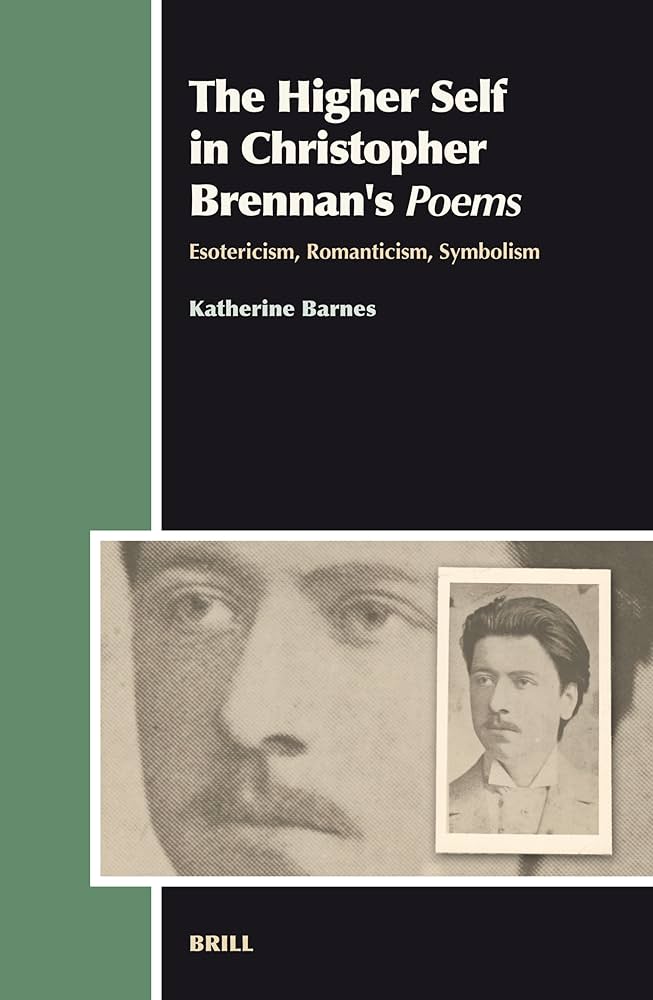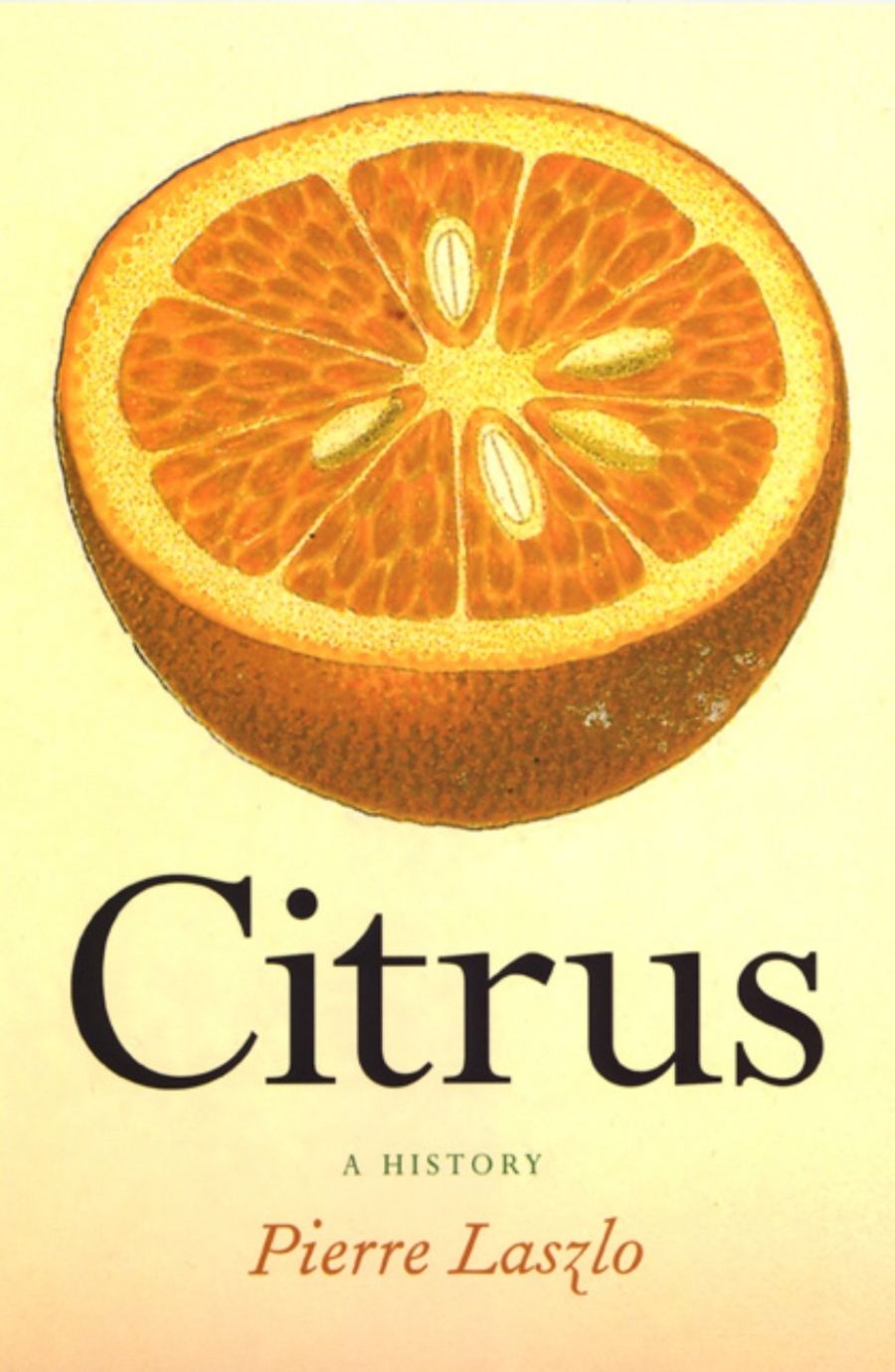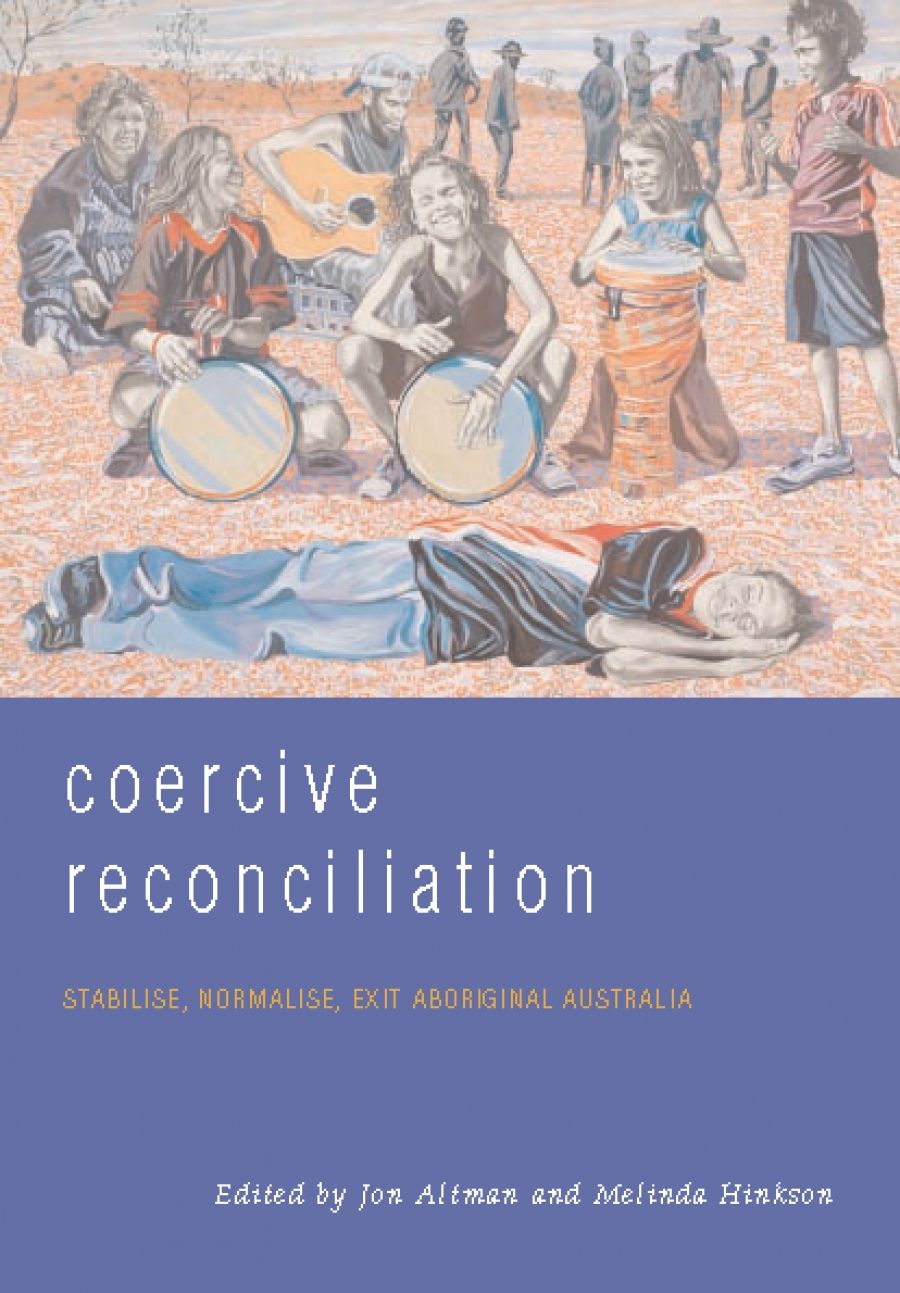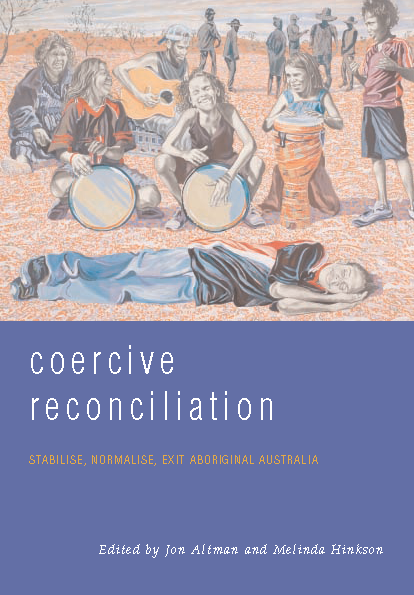- Free Article: Yes
- Contents Category: Poem
- Custom Article Title: 'Danger: Lantana', a new poem by Ross Clark
- Review Article: Yes
- Online Only: No
- Custom Highlight Text:
sampling Jeffrey Harrison’s ‘Danger: Tulip’,
from Ploughshares, Winter 2006–07Was I hoping to find my way to the creek, loud
with unseasonal rain, and to see, perhaps,
sampling Jeffrey Harrison’s ‘Danger: Tulip’,
from Ploughshares, Winter 2006–07
Was I hoping to find my way to the creek, loud
with unseasonal rain, and to see, perhaps,
a few winter wattles, and catch a magpie or two
warbling in a melaleuca, when I took a track
I’d never taken before, through light scrub first
and then a scrappy paddock, across a wet gully,
then into another paddock? Beyond a paling fence
appeared then, gradually, first the corrugated roof
and then the bare weatherboard walls of what I
suddenly recognised as The Southern Cross Home .
One stair was gone, and the long veranda where
once two dozen of us had washed side by side
in our own bucket and bowl every morning now
had a few treacherous board ends and a couple
of shin-threatening gaps, and much of the paint
was peeling and lifting. One end was defended
by a turret of lantana, swaying its cachous of red
and yellow and white, the end near the room
I’d shared with three others, to a total of thirteen.
I noticed that not a window was broken, though
all now had newspapers pasted over them, inside.
I had merely chanced here, but how quickly now
I felt compelled to find my old room, breathe it.
Lantana had thicketed the corner of the veranda
as surely as in the fairy tale, but I considered
the art of slighting, and crouched low enough
to enter the musty darkness beneath the place,
brushing cobwebs from my shoulders as I sought
a gap in the floorboards. One I found admitted
my hands and no more, yielded to my efforts,
the breaking of splintery timber bursting dust
into my eyes a moment. I wriggled up into the hall,
saw the shapes where pictures had been removed,
stepped gingerly towards my dorm, pulled the knob
towards me till the door yielded suddenly and
dustily, then stepped towards the corner where
my bunk had been, lower at first till Henry left,
then the upper during Albert, Peder, and Vince.
Without intention, I felt on the door frame where
I’d pocket-knifed my height each year. Inhaled
but smelled nothing of then, only the sweeting
decay of this moment. But lantana too, one cane
of it through the wall, actually two. And two paces
to peel 17 March 1986 off the window in three
deft swathes, and to see the lantana becoming
a part of the building. And, concentrating, to see
Saxon Creek was silent now, a gully where once
a stream had sung to us all night. And the singing
flowed down my cheeks for Albert, Peder, Vince
and Henry and all the others in that faraway dorm.
And did I break the window and climb out; did I
scrabble through the lantana; did I stride down
the slope to the creek whose singing waters were
now no more than a gully-bog? Did I stumble back
to the picnic-ground with its signs of invitation
and warning and drink from its bubbler? And did I
unlock my late-model car, wryly recalling a camera
still in the glove-box; and did I drive away then,
thumbing memory’s album, trying to flick
its fading polaroids out of the window?
Later, bathe my scratches against infection?


